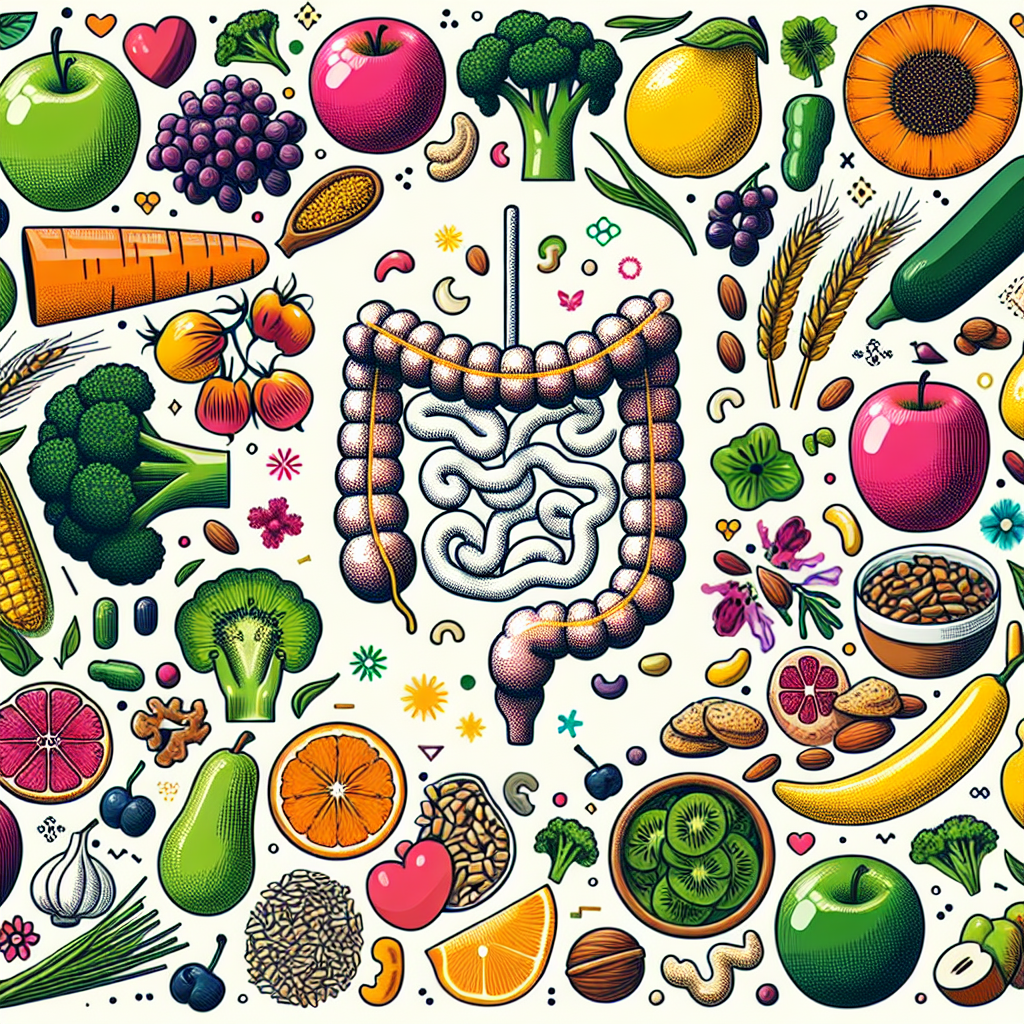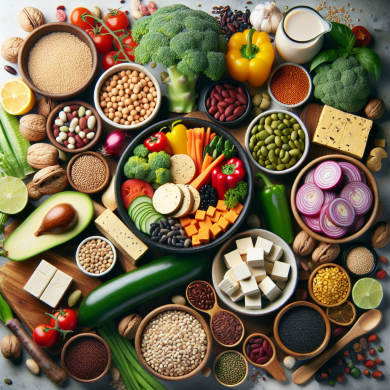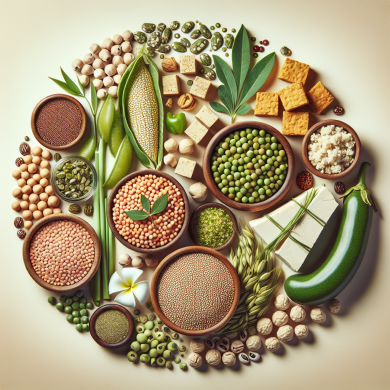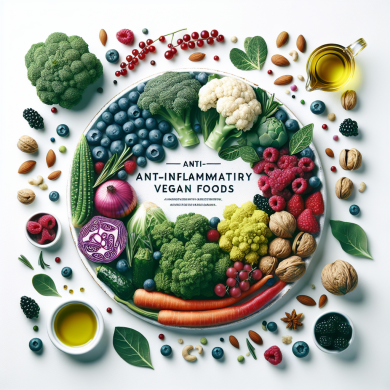Vegan Diet: Boosting Gut Health Naturally
Introduction
In recent years, the importance of gut health has captured the attention of both the scientific community and the general public. The gut, often referred to as the “second brain,” plays a crucial role in the overall health and well-being of an individual. One of the most effective ways to enhance gut health is through diet, and a vegan diet, which is plant-based, offers numerous benefits for a healthy gut. This article explores how a vegan diet can naturally boost gut health, delving into the mechanisms, benefits, and practical tips for those looking to make the switch.
The Connection Between Diet and Gut Health
The human gut is home to trillions of microorganisms, collectively known as the gut microbiota. These microorganisms play a pivotal role in digestion, immune function, and the synthesis of essential nutrients. The composition and diversity of the gut microbiota are significantly influenced by diet. A diet rich in plant-based foods promotes the growth of beneficial bacteria, which can enhance gut health, while diets high in animal products and processed foods can lead to dysbiosis, an imbalance in the gut microbiota.
The Role of Fiber
One of the most significant advantages of a vegan diet is its high fiber content. Fiber, found in fruits, vegetables, whole grains, nuts, and seeds, acts as a prebiotic, providing nourishment for beneficial gut bacteria. These bacteria ferment fiber, producing short-chain fatty acids (SCFAs) like butyrate, acetate, and propionate, which have anti-inflammatory effects and help maintain the integrity of the gut lining.
Plant-Based Foods and Gut Diversity
A diverse gut microbiota is associated with better health outcomes. Plant-based diets offer a wide variety of foods, each contributing unique fibers and polyphenols that support a diverse microbial community. Polyphenols, abundant in fruits, vegetables, tea, and coffee, have antimicrobial properties and can selectively promote the growth of beneficial bacteria while inhibiting harmful ones.
Benefits of a Vegan Diet for Gut Health
Reduced Inflammation
Chronic inflammation is linked to numerous health issues, including digestive disorders, cardiovascular diseases, and certain cancers. A vegan diet, rich in anti-inflammatory foods, can help reduce inflammation. Foods like leafy greens, berries, nuts, and seeds contain antioxidants and phytochemicals that combat oxidative stress and inflammation in the gut.
Improved Digestion and Regularity
Fiber is crucial for maintaining regular bowel movements and preventing constipation. The high fiber content of a vegan diet aids in the smooth passage of food through the digestive tract, reducing the risk of diverticulitis and other digestive disorders. Moreover, the production of SCFAs from fiber fermentation supports colon health and regularity.
Enhanced Immune Function
A significant portion of the immune system resides in the gut. A balanced and diverse gut microbiota plays a vital role in regulating immune responses. The nutrients found in a vegan diet, including vitamins A, C, and E, as well as zinc and selenium, support immune function. Additionally, the anti-inflammatory properties of a vegan diet help maintain a healthy immune system.
Potential Challenges and Considerations
Nutrient Deficiencies
While a vegan diet offers numerous benefits for gut health, it is essential to be mindful of potential nutrient deficiencies. Vitamin B12, iron, calcium, omega-3 fatty acids, and protein are nutrients of concern for vegans. These nutrients play critical roles in maintaining gut health and overall well-being. Incorporating fortified foods, supplements, and a variety of plant-based protein sources can help mitigate these risks.
Transitioning to a Vegan Diet
Switching to a vegan diet can be a significant lifestyle change. It is essential to approach this transition gradually and with careful planning to ensure nutritional adequacy. Consulting with a healthcare professional or a registered dietitian can be beneficial in creating a balanced meal plan that supports gut health.
Practical Tips for Boosting Gut Health on a Vegan Diet
Incorporate Fermented Foods
Fermented foods like sauerkraut, kimchi, tempeh, and kombucha are rich in probiotics, which are beneficial bacteria that support gut health. Including these foods in your diet can enhance the diversity and functionality of your gut microbiota.
Focus on Whole Foods
While vegan processed foods can be convenient, they often lack the nutrients and fibers found in whole foods. Prioritize whole fruits, vegetables, legumes, and grains to ensure you are getting the most nutritional benefit from your diet.
Stay Hydrated
Adequate hydration is essential for digestion and the efficient transport of nutrients. Drinking plenty of water, herbal teas, and consuming water-rich fruits and vegetables can support gut function.
Experiment with Spices and Herbs
Spices and herbs like ginger, turmeric, garlic, and oregano not only add flavor to meals but also possess anti-inflammatory and antimicrobial properties that benefit gut health. Experimenting with different spices can add variety and health benefits to your meals.
Conclusion
A vegan diet offers a natural and effective way to boost gut health. By emphasizing plant-based foods rich in fiber, polyphenols, and essential nutrients, individuals can promote a balanced and diverse gut microbiota. While transitioning to a vegan diet requires careful planning to avoid nutrient deficiencies, the benefits for gut health and overall well-being are substantial. By incorporating fermented foods, focusing on whole foods, staying hydrated, and utilizing spices, individuals can optimize their gut health naturally. Embracing a vegan lifestyle not only supports personal health but also contributes to a more sustainable and ethical world.















Add comment